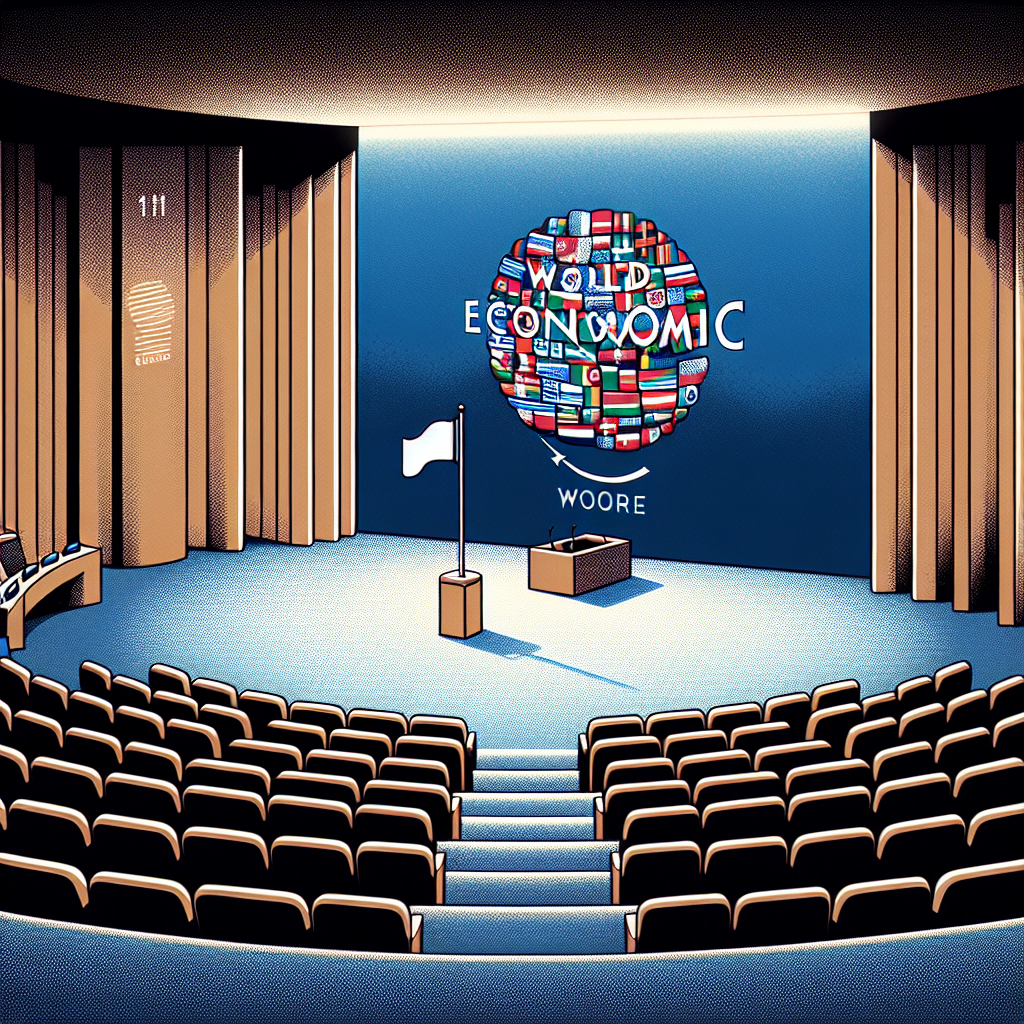The current civil divide in the United States poses a fascinating paradox: those who strongly disapprove of the country’s direction are more likely to express patriotism, often by waving the American flag, than those in charge of steering that direction. This dissonance harks back to the civil rights movement and anti-war protests from over fifty years ago, where elements of the counterculture vehemently rejected American values, often burning the flag as a statement against what they characterized as an imperialist and oppressive nation. Influenced by revisionist narratives from left-leaning historians, this generation grew to view the United States as corrupt and irredeemable, a sentiment that has seeped into the fabric of modern governance. Political leaders like Barack Obama and Joe Biden reflect this sentiment; Obama’s “apology tour” and Biden’s insistence that America was “never that great” are manifestations of a governing perspective steeped in self-loathing that contrasts sharply with everyday American values.
This contradiction results in a peculiar contemporary landscape, where those who hold a deeply critical view of America occupy significant power while ordinary citizens, who display a more celebratory patriotism, often view the government with disdain. Regions filled with military service members and their families display U.S. flags prominently, as well as other patriotic symbols like the Gadsden and Bunker Hill flags. In stark contrast, urban areas experience a palpable drop in expressions of patriotic sentiment, often replaced by editorial arguments positing American symbols as offensive or ‘triggering.’ This stark difference highlights a growing cultural divide, where the love for the nation clashes against an increasingly prevalent anti-American sentiment among elites.
As Americans navigate this polarized landscape, fundamental questions linger about the country’s future and unity. While the nation comprises fifty states, there exists an increasing tension over state sovereignty and the monumental push to alter foundational structures like the Electoral College. A rising foreign-born population further complicates the narrative, raising queries about whether shared values and histories can remain intact. The deep-rooted commitment to freedom and foundational rights appears to be eroding, with educational institutions propagating Marxist ideas and waves of immigration from potentially incompatible political backgrounds. The perception of neighbors as “strangers” reflects a distressing shift in how community is understood in America.
Adding to the conundrum are the global intentions of influential figures like John Kerry, Al Gore, and Bill Gates. Advocating for policies that undermine national sovereignty and individual state rights, these internationalists often prioritize broader global agendas over the interests of American citizens. Their positions within esteemed international organizations illustrate an unsettling trend of influential American elites promoting ideas that stand in direct opposition to the principles of the country they represent. Their voices dominate discussions about important policies, providing a stark contrast to the more localized, citizen-focused governance many Americans desire.
The philosophies of these influential leaders manifest in support for open borders, compulsory vaccination policies without informed consent, and radical changes to agricultural practices, demonstrating their collective disregard for both national and individual rights. They promote expansive welfare policies aimed at attracting foreign nationals, impacting American resources and social dynamics. This approach emphasizes a vision of America increasingly characterized as a crossroads for globalization rather than a nation-state rooted in the rights and voice of its citizens. Such dynamics not only challenge the traditional understanding of sovereignty but also threaten to reshape the core identity that many Americans hold dear.
These ongoing tensions and contradictions present a critical juncture for the United States, where the very notion of an American identity is being contested. Many citizens grapple with the question of what it means to be American amid calls for change that often feel at odds with their lived experiences and cherished values. As divisions deepen, so too do fears regarding the future of the Union, leaving citizens to ponder whether a unified American nation is still achievable in an era fraught with ideological and cultural strife. The resolution of these challenges may determine the trajectory of American society, influencing how the country defines its principles, governance, and identity in an increasingly polarized world.

